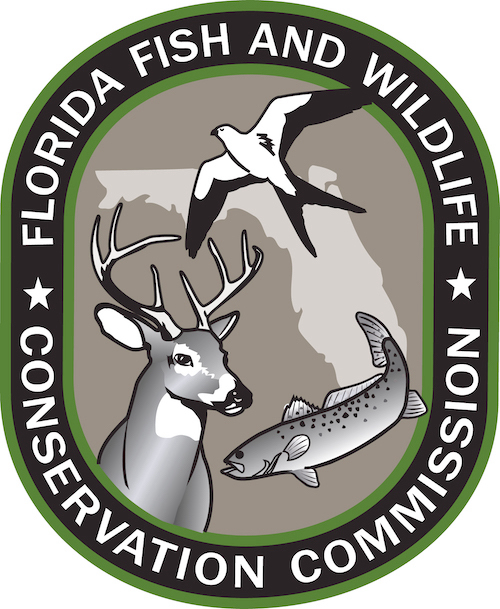
|
Today, at their November meeting, Commissioners with the Florida Fish and Wildlife Conservation Commission (FWC) approved staff recommendations to advertise proposed rule changes for Prohibited green iguanas, including concepts relating to outdoor caging, biosecurity, collection and transport. Green iguanas are invasive reptiles that are not native to Florida.
The approved rule changes to Chapter 68-5, Florida Administrative Code were proposed to further encourage more residents to remove green iguanas from the wild in Florida by providing practical and secure alternatives for outdoor caging of live green iguanas possessed by permittees. The proposed rule changes also include clarifying language on the transportation of Prohibited reptiles, emergency preparedness, and collection and transport of wild-caught green iguanas possessed for sale or eradication. These newly approved rule changes are in addition to previously approved rule changes made in May 2025, which included an allowance for transfer of wild-caught green iguanas to permit holders authorized to sell live iguanas out of state.
To obtain feedback on the proposed rule changes, staff with the FWC’s Nonnative Fish and Wildlife Program obtained input from the Nonnative Fish and Wildlife Technical Assistance Group, hosted three virtual public meetings to present proposed changes and gather input from stakeholders, and further solicited input from the public through an online comment form and email address.
“These rule changes will further enable more Floridians to collect live green iguanas from their established range within the state and facilitate sale of those iguanas out of Florida,” said FWC Chairman Rodney Barreto. “Thanks to the great work of staff and input from our stakeholders, these latest rule changes support the continued removal of invasive species from Florida.”
More than 500 nonnative fish and wildlife species have been reported in Florida. Eighty percent of these have been introduced via the live animal trade, with 139 species established in Florida, meaning they are reproducing in the wild. Invasive species management is a high priority for the FWC because these animals negatively impact native fish and wildlife, cause damage that is costly to repair, and can pose a threat to human health and safety.
For more information, visit MyFWC.com/Nonnatives.